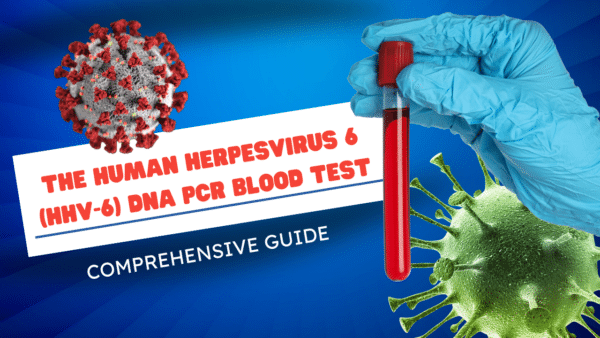Do you know why mosquitoes bite people? Like most, you probably don’t give it a second thought, just the cost of spending quality time outdoors. Usually, it’s a mild irritant, a slightly raised, red welt that goes away in time, usually not a lot of time. Here today, gone tomorrow. But then there are the rare occurrences when that bite leads to something more serious, maybe even life-threatening. We’re gonna talk about what mosquito borne illnesses you are at risk for and what steps you can do to help prevent getting any of them.
First, let’s clear up some simple facts about these bites. They are a part of the mosquito mating process and only females do it. They need the blood as part of their egg production process. Males use the nectar of flowers for their part in mating. We can also dispel the myth that once a mosquito draws blood, it dies shortly after. Since it’s a part of the mating process, clearly that can’t be true or mosquitoes would be extinct.
Some things you can do to lessen the possibility of getting bit are:
- Wearing perfume
- Wearing dark-colored clothing
- Body temperature
- Blood type (bad news for Blood Type O people/good news for Blood Type A)
- Visiting a region with active mosquito-transmitted diseases
- Spending time near stagnant water (because that’s where they lay their eggs)
Also, the good news is that not all mosquitoes carry diseases. Only fresh water-based ones do. So, mosquitoes by the ocean tend not to be that dangerous to our health.
Should you get bitten by one of the unlucky few disease-ridden bugs, what would you be at risk for?
Malaria
In 2015, 438,000 people contracted malaria via a mosquito bite. You can’t “catch” malaria. You can only contract it. It’s a blood borne disease that you can only get from being bitten, a transfusion with someone already infected or through using shared needles or syringes. Common symptoms of malaria are:
- shaking chills that can range from moderate to severe
- high fever
- profuse sweating
- headache
- nausea
- vomiting
- abdominal pain
- diarrhea
- anemia
- muscle pain
- convulsions
- coma
- bloody stools
West Nile Virus
The really bad news about West Nile, and why the outbreak of 1999 was so prominent, is that most of the time it doesn’t present with ANY symptoms, 8 out of 10 times! 1-5 people have a fever, body aches, joint pain, vomiting, diarrhea or a rash. 1-150 people develop severe illness that affects our central nervous system, like encephalitis or meningitis. And finally, 1-10 of the 1-150 die.
Dengue Fever
It’s estimated that there are 400 million infections worldwide each year. The good news for Americans is that a majority of the cases here are from people who were traveling abroad. However, people who live along the Texas/Mexico border do have a higher chance of contracting than anywhere else in the U.S. The symptoms usually begin 4-6 days after infection and will usually last up to 10 days. They include:
Sudden, high fever
- Severe headaches
- Pain behind the eyes
- Severe joint and muscle pain
- Fatigue
- Nausea
- Vomiting
- Skin rash, which appears two to five days after the onset of fever
- Mild bleeding (such a nose bleed, bleeding gums, or easy bruising)
Yellow Fever
There is no specific way to treat Yellow Fever. It can only be prevented through vaccination. In mild cases, it can come across as flu: fever, headache, nausea, vomiting. More acute cases add in sensitivity to light, muscle aches (especially in the back of knees), redness in eyes & tongue, dizziness. From the acute phase, it can enter the toxic phase, this is when the yellowing of the skin happens, among other things. Up to half of the people who enter this phase die of the disease.
Zika Virus
In 2015 & 2016, there was a huge breakout of Zika in the United States, but normally, it can be found in the southern hemisphere of the planet. Like West Nile, most people who contract the disease don’t present with symptoms. When they do occur, it’s:
A rash
Itching all over the body
A high temperature
A Headache
Joint pain, mostly in hands and feet
Muscle pain
Conjunctivitis
Again, while most mosquito bites are not serious, it bears watching how you feel after the bite. People get in trouble when they assume their bite is nothing and then ignore the symptoms, letting the disease progress to dangerous stages because they didn’t seek out treatment. Some of these cases, it’s about being in the wrong place at the wrong time, so take travel advisements seriously. And if you do find yourself having some of the above symptoms, get tested right away. Time is very much a factor in a lot of these cases. Delay can be deadly!

